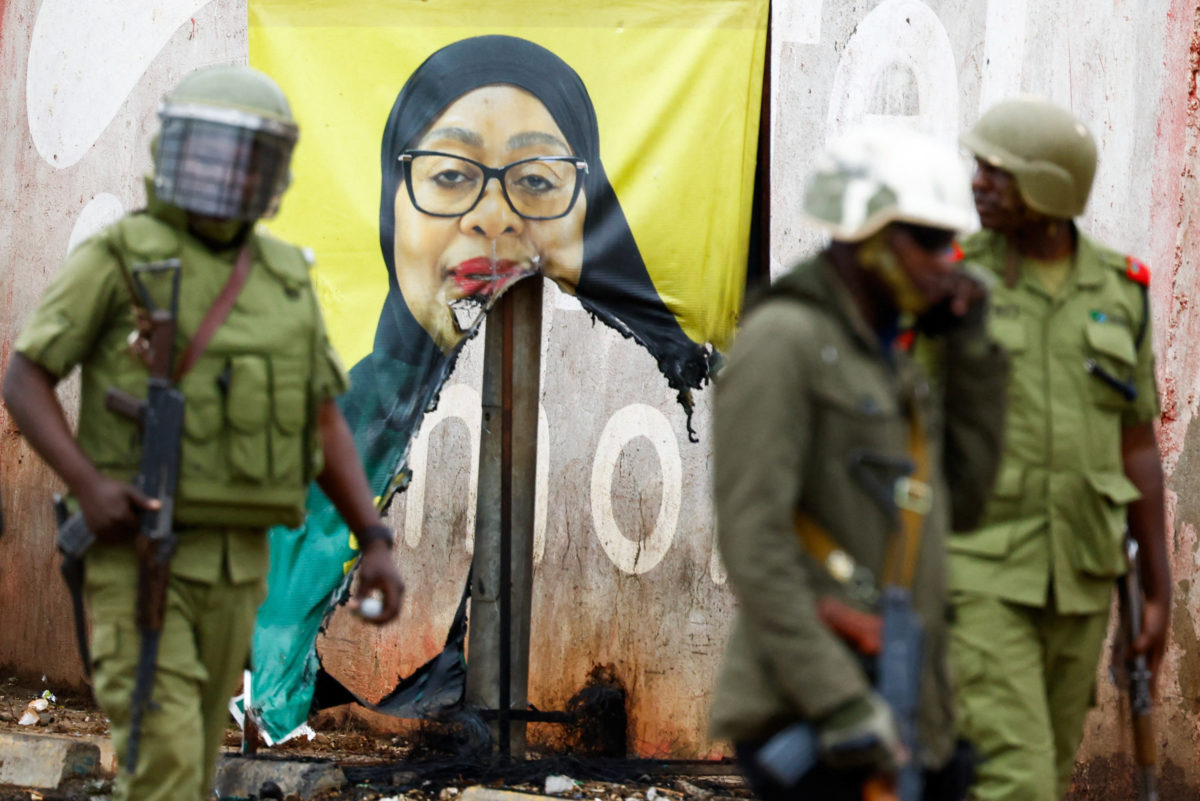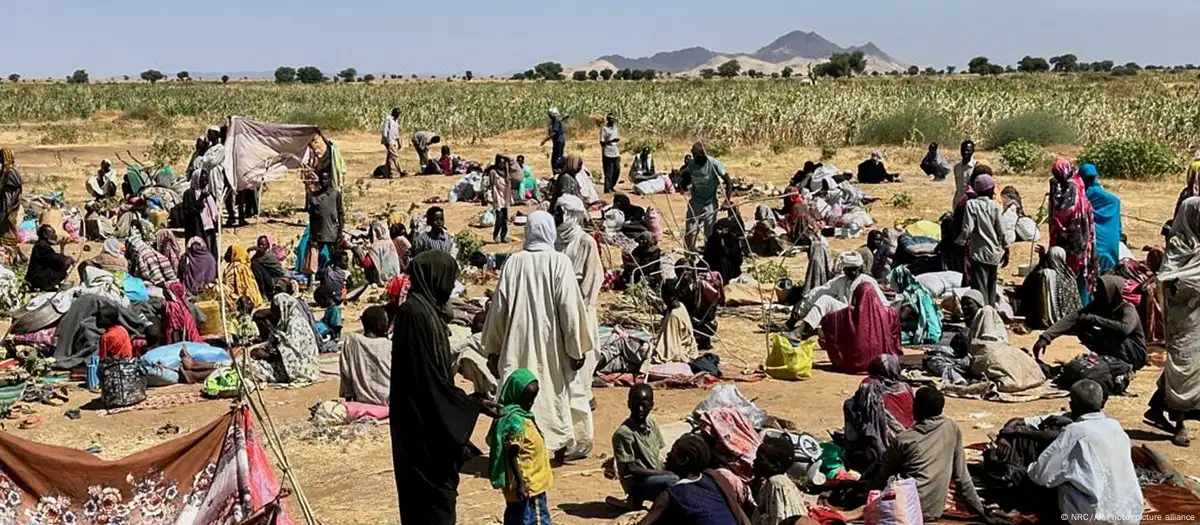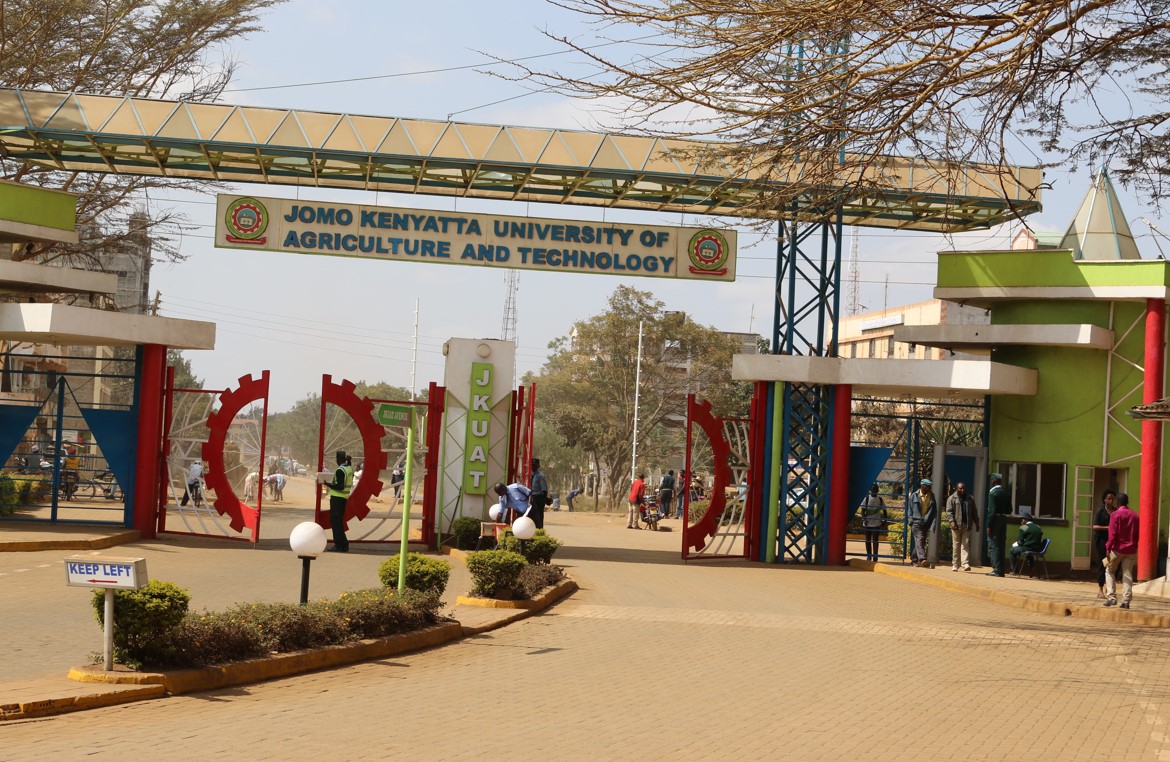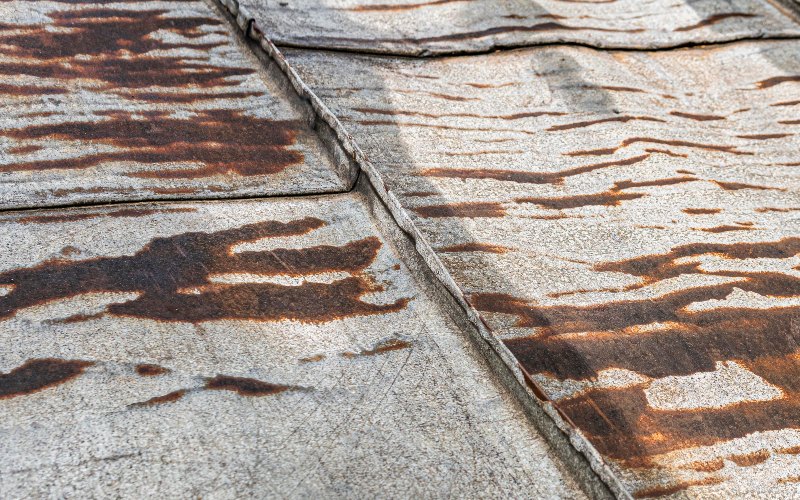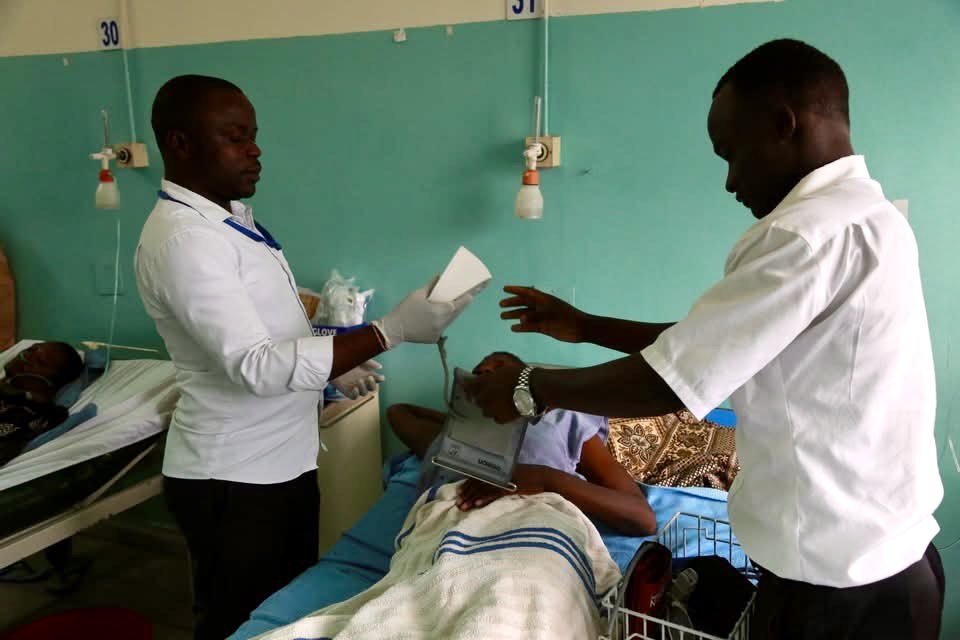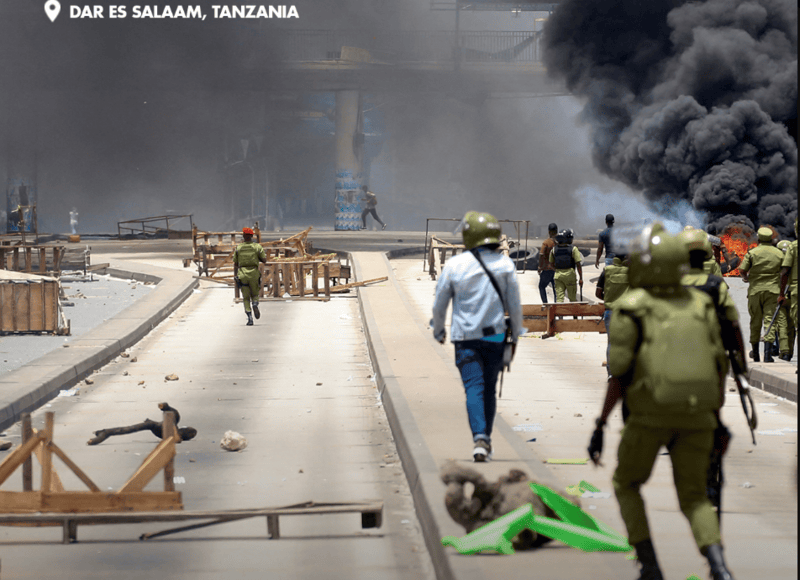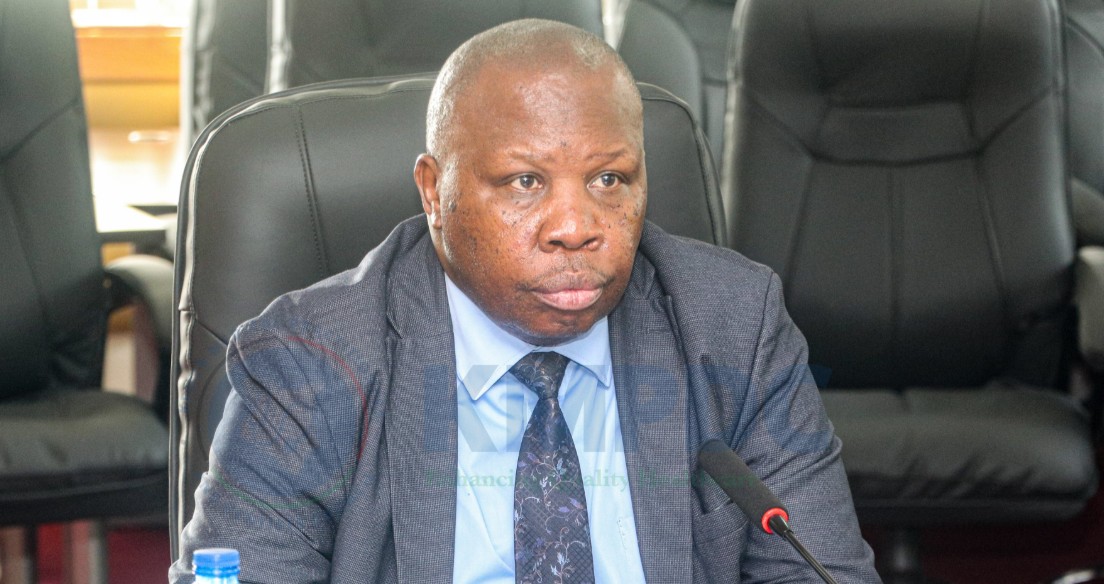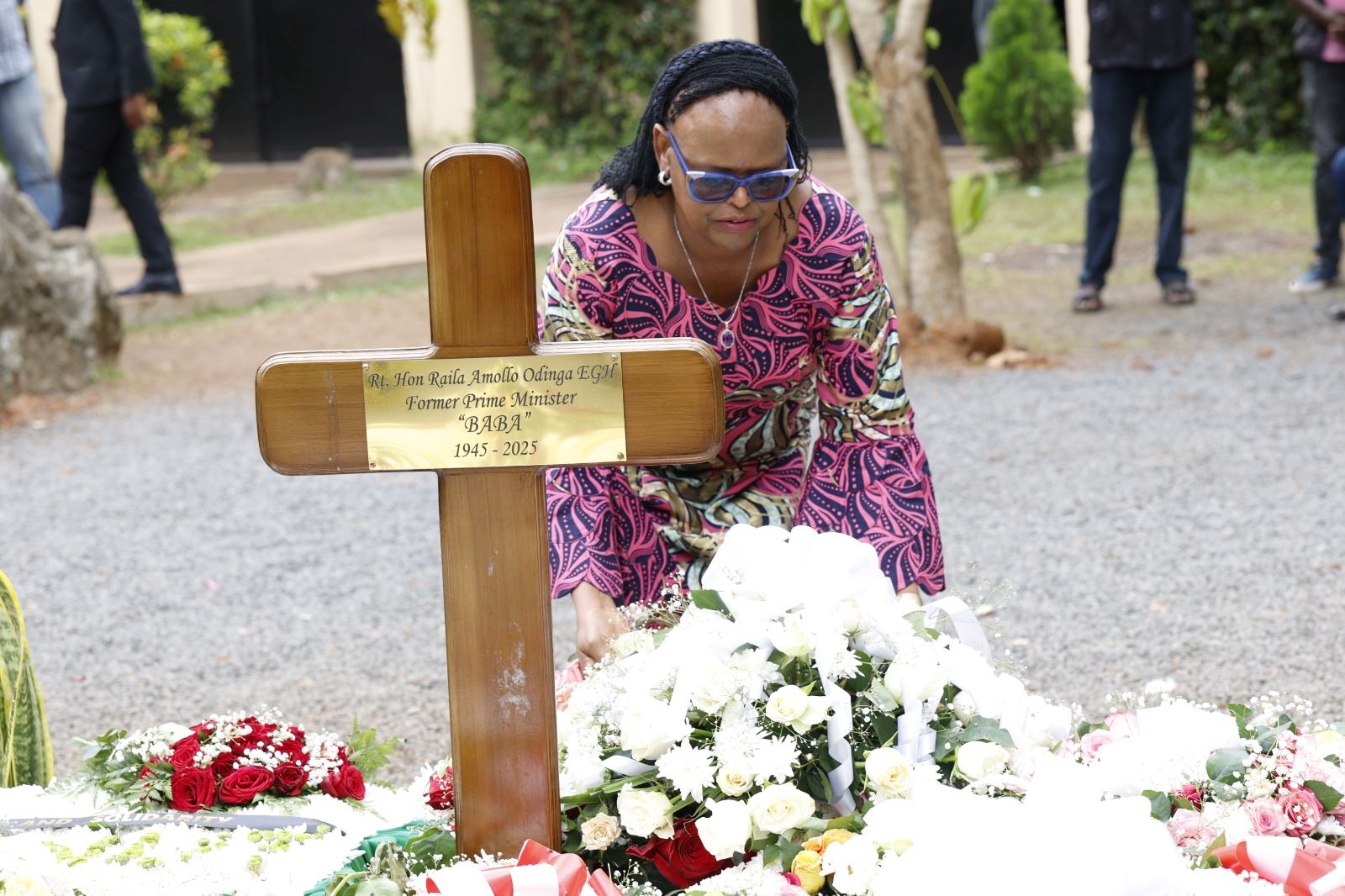Kenya faces gloomy human rights record with 1,300 arbitrary arrests documented, surge in femicide
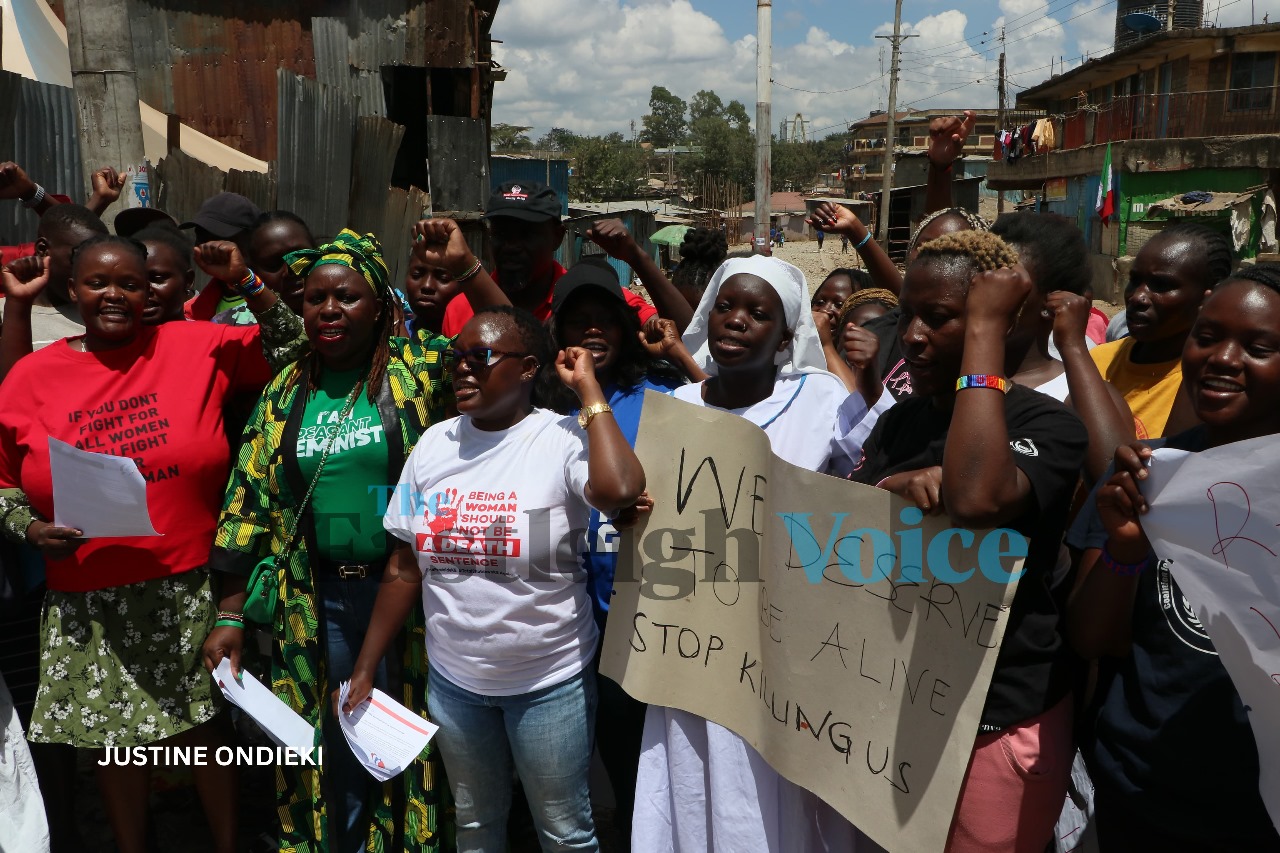
The grim statistics were further exacerbated by the shocking discovery of 448 bodies in Shakahola, a stark violation of the right to life.
The country has endured a bleak period of human rights violations over the past 18 months, according to the State of Human Rights Report in Kenya.
The report, released on Wednesday by the Kenya National Commission on Human Rights (KNCHR), reveals that human rights violations have escalated between July last year and November this year. This increase is attributed to injuries and fatalities during last year’s opposition protests and this year’s anti-finance bill demonstrations.
More To Read
- Kenya’s crackdown on activists spotlighted at AU rights summit
- KNCHR threatens legal action amid outrage after social media trend ridicules Raila Odinga Junior
- Blogger Ndiangui tells court DCI yet to return his laptops, phones and passport
- Claris Ogangah sworn in as new KNCHR chair, vows to defend rights of all Kenyans
- Families seek help from KNCHR to trace Kenyan activists abducted in Uganda
- Details of ex-UN official Claris Onganga who is taking over helm at human rights commission
“Looking at the statistics provided in this report, particularly concerning the demonstrations in 2023 and 2024, we can conclude as a commission that the numbers have indeed risen,” the commission stated.
During the anti-finance bill protests in June and July, KNCHR recorded 60 deaths. Over 97 cases of femicide were reported to the police in the last three months, alongside the discovery of 10 decomposed female bodies in the Mukuru area.
The grim statistics were further exacerbated by the shocking discovery of 448 bodies in Shakahola, a stark violation of the right to life.
“As we issue this statement, it is crucial to reiterate that human rights are inherent to all individuals by virtue of being human. They are not a privilege but an entitlement and can only be limited in accordance with Article 24 of the Constitution of Kenya,” the commission said.
To date, over 600 individuals are reportedly missing from the Shakahola tragedy, with their bodies believed to be buried across the vast area. The commission highlighted that only 10 per cent of the exhumed bodies have been identified and handed over to families for burial.
“This figure is alarmingly low. The identification process involves forensics, particularly DNA sampling from the deceased and their close relatives. The government chemist has called on families with missing persons believed to be in Shakahola to provide DNA samples. Unfortunately, successful matches have been very few,” the commission explained.
KNCHR urged the National Treasury, through Parliament, to allocate funds to the agencies involved in the investigations, enabling them to continue generating profiles of the deceased and their relatives.
“We have appealed as a commission for resources to be made available to various agencies, including the government chemist. DNA profiling reagents are expensive, and this scale of work had not been accounted for in their budget,” the commission noted.
The prolonged preservation of bodies is imposing financial and psychological burdens on affected families, necessitating the expedition of the identification process.
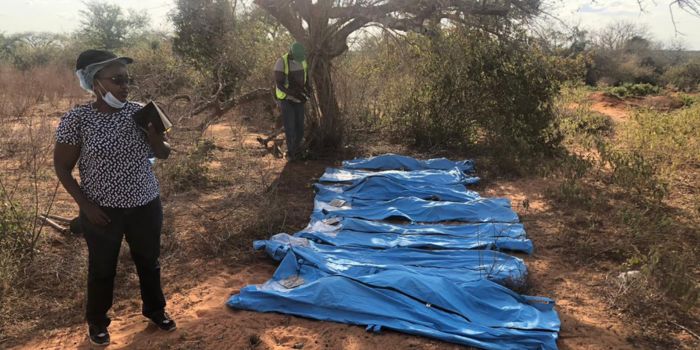 Search team members are pictured next to bodies found in the Shakahola Forest in Kilifi County on June 3, 2024. (Photo: Farhiya Hussein/EV)
Search team members are pictured next to bodies found in the Shakahola Forest in Kilifi County on June 3, 2024. (Photo: Farhiya Hussein/EV)
Arbitrary arrests
Between June 18 and November 2024, the commission documented 1,376 arbitrary arrests and 610 injuries during demonstrations, including bullet wounds, fractures, soft tissue injuries, and tear gas inhalation.
“Most injuries were inflicted by security officers on protesters. However, we also recorded 25 cases of injuries sustained by security officers from protesters. Additionally, 74 cases of enforced disappearances were documented during this period, with 26 individuals still missing,” the report detailed.
KNCHR called for an immediate end to unlawful arrests, abductions, and enforced disappearances, as well as the swift prosecution of those responsible.
The commission criticised the Public Benefits Authority (PBA) for profiling 16 Public Benefit Organisations (PBOs) in May, accusing them of funding the June protests.
“This is an attempt to intimidate and silence PBOs, thereby shrinking civil space. The commission warns against interference with the legally guaranteed operations of PBOs,” the report stated.
Concerning the right to property, the commission highlighted widespread destruction during the anti-finance bill protests and condemned the eviction of the Ogiek and other indigenous communities without due process.
Pertinent issues
On health rights, the transition from the National Health Insurance Fund (NHIF) to the Social Health Authority (SHA) has faced significant challenges, threatening access to healthcare for millions, especially those with chronic illnesses and marginalised communities. The disruption caused by medical practitioners’ strikes has further burdened families unable to afford private healthcare.
The commission also raised concerns about food security, noting controversies surrounding Genetically Modified Organisms (GMOs) and the impact of counterfeit fertilisers, which caused crop failures that could have replenished the national granary.
Regarding education, uncertainty persists over the fate of Grade 9 students in January 2026, despite recommendations from the Presidential Working Party on Education Reforms. The commission also raised alarm over school safety, citing fires, bandit attacks, and exposure to tear gas during protests.
It urged the government to strengthen the existing Higher Education Loans Board (HELB) rather than introduce new entities and called for an end to the ongoing lecturers’ strike to restore normalcy in universities.
While acknowledging state and non-state efforts to protect human rights, KNCHR emphasised the urgent need to safeguard past gains.
“The time for action is now. We urge our leaders to listen to the cries of Kenyans, foster unity, and work together to build our beloved motherland,” the commission implored.
Top Stories Today


